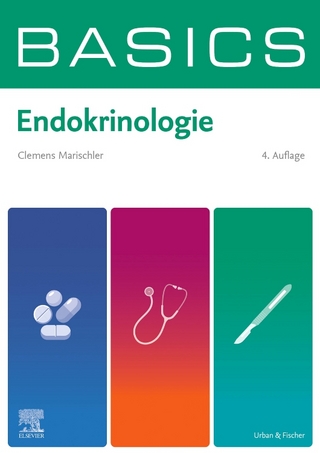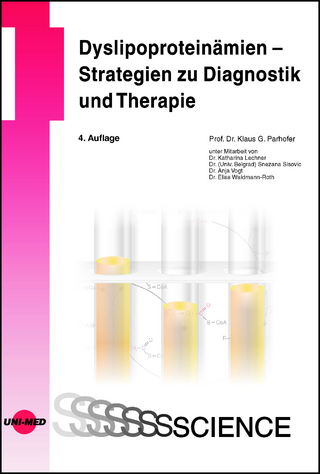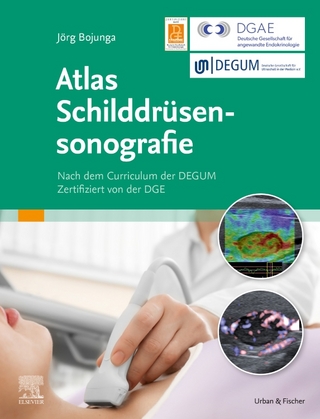
How to Improve Preconception Health to Maximize IVF Success
Cambridge University Press (Verlag)
978-1-316-62073-1 (ISBN)
In order to maximize the chance of IVF success, couples need to ensure that their preconceptual health is optimal to increase the quality of gametes and reproductive fitness. This text reviews the medical and lifestyle factors that can affect the body at preconception stage, such as micronutrients, stress, hormonal and gynecologic assessment, as well as environmental factors such as optimal weight and age for childbirth. This book will enable all medical practitioners and healthcare professionals to give evidence-based advice to influence the success rate of subsequent IVF cycles, and ensure that every child is born in the best possible condition. Part of a four-book series on optimizing different aspects of the IVF cycle, this book focusses on preparing the body for assisted conception. Other books in the series focus on the egg and embryo, the endometrium, and the sperm.
Gab Kovacs is a Professor of Obstetrics and Gynecology at Monash University, Victoria. He has over forty years of experience in the field and has edited thirteen books on the subject for Cambridge University Press. Robert Norman is the Professor of Reproductive and Periconceptual Medicine at the Robinson Research Institute, University of Adelaide, South Australia.
1. The effects of nutrition and micronutrients on reproductive success Mu Li, Kyra Sim, Adrienne Gordon and Jennie Brand-Miller; 2. The effects of stress on conception and pregnancy Jeremy J. Cottle, Jacky Boivin and Alice D. Domar; 3. Preparing for IVF: an endocrine perspective Clare Bothroyd; 4. Assessment of endometriosis before conception Endah Rahmawati, Chien-Wen Chen, Yu-Wen Chen, Chang-Chih Hsieh, Pei-Chun Ma, Shun-Jen Tan and Chii-Ruey Tzeng; 5. Assessment of pelvic abnormalities prior to assisted reproduction Anusch Yazdani; 6. Immunological preparation, including vaccinations and microbiome management, prior to ART Ashley Gilman and William Buckett; 7. Optimising body weight to improve reproductive success Kelton Tremellen; 8. Lifestyle modifications – alcohol, caffeine, smoking, drugs before ART V. Nisenblat and M. Johnson; 9. Environmental factors to consider prior to conception Mark P. Green and Alexandra J. Harvey; 10. Pre-pregnancy genetic carrier screening Saioa Torrealday, Kyle J. Tobler and Pasquale Patrizio; 11. The optimal age for childbearing Rina Fyfe and Jon Hyett; 12. Alternative therapies to improve conception rates Caroline A. Smith and Mike Armour; 13. Preconception lifestyle modification of decidua to decrease early pregnancy loss: feeding the endometrium Alexandra Kermack, Ka Ying Bonnie Ng and Nick Macklon; 14. Antenatal factors that may contribute toward the development of polycystic ovary syndrome Roy Homburg and Panagiota Filippou.
| Erscheinungsdatum | 16.02.2018 |
|---|---|
| Zusatzinfo | 5 Halftones, black and white; 14 Line drawings, black and white |
| Verlagsort | Cambridge |
| Sprache | englisch |
| Maße | 157 x 234 mm |
| Gewicht | 300 g |
| Themenwelt | Medizin / Pharmazie ► Medizinische Fachgebiete ► Gynäkologie / Geburtshilfe |
| Medizinische Fachgebiete ► Innere Medizin ► Endokrinologie | |
| Studium ► 1. Studienabschnitt (Vorklinik) ► Histologie / Embryologie | |
| ISBN-10 | 1-316-62073-5 / 1316620735 |
| ISBN-13 | 978-1-316-62073-1 / 9781316620731 |
| Zustand | Neuware |
| Haben Sie eine Frage zum Produkt? |
aus dem Bereich


